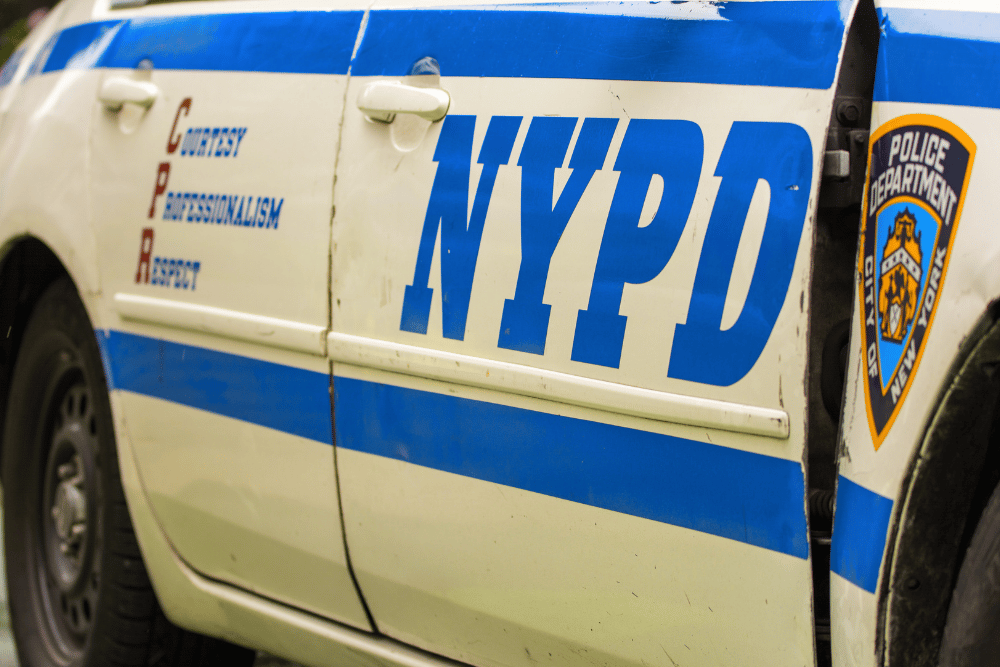Free Consultation
Free Consultation

Being arrested in New York City is never a good experience, but it’s worse if you know you shouldn’t have been arrested in the first place.
In New York, these things happen. In fact, one Brooklyn man’s case will reach the U.S. Supreme Court after such an arrest. He claims the NYPD entered his home illegally and arrested him after a wrongful accusation of abusing his newborn baby. When he refused to let them come into his home without a warrant, he was placed under arrest.
No one wants to go through the ordeal of a false arrest. That’s why it’s important to understand the circumstances under which police can legally arrest you – and when they can’t.
Here’s what you need to know about false arrest in New York. Included are steps to take if you believe you have been falsely arrested.
In New York, it is legal for police to arrest you under one of the following circumstances:
Many arrests are made appropriately, but some false arrests do occur.
False arrest occurs when someone wrongfully or intentionally restricts the personal freedoms of another against their consent. It’s usually an act of police officers, but other authority figures can do it, too, like a security guard restraining you without consent.
For false arrest perpetrated by police, it’s not simply when someone is arrested without proper evidence. That’s not the standard used to measure whether or not police have the right to arrest a person.
False arrest by police is defined when they act beyond the scope of their powers or without authority. For example, if a police officer arrests a person because they insulted the officer in a way that was not a crime, that is likely false arrest. If the police officer cannot show proper suspicion of a crime being committed, the arrest wasn’t legal.
If you have been a victim of a false arrest in New York City, you should take certain steps in the immediate aftermath. These include:
While it may be true that police have qualified immunity, which means they generally cannot be sued for actions taken in the line of duty, they are not protected without probable cause to arrest you. It’s pivotal to prove their lack of probable cause – or any other circumstances that qualify your arrest as false – in a successful lawsuit.
Of course, lack of a probable cause isn’t the only way to make a case for false arrest. Speak to an attorney right after the false arrest to understand if your case qualifies and, if so, initiate a lawsuit.
False arrests often happen as a form of retaliation or perceived slight against the officer. If you have evidence that shows an officer maliciously or intentionally violated your rights, you can pursue punitive damages.
You can also seek damages against the officer for:
In most cases, you will need to prove a lack of probable cause for the false arrest. Make sure you gather information from all eyewitnesses, medical records pertinent to the case, and police reports that substantiate your claim.
The truth of the matter is: if you are falsely arrested in New York, you have a few different legal actions at your disposal. An attorney can help you pursue any of them.
For instance, you can make a federal claim that your civil rights were violated. You can also make a personal injury or tort claim for false arrest or malicious prosecution.
An experienced attorney will help you understand which actions are best in your case.
As an American, you have the right to freedom from arrest without probable cause. If you are the victim of a false arrest, don’t try to simply move on. You deserve compensation for the negative experience, and the police, if found guilty, deserve to have their actions exposed.